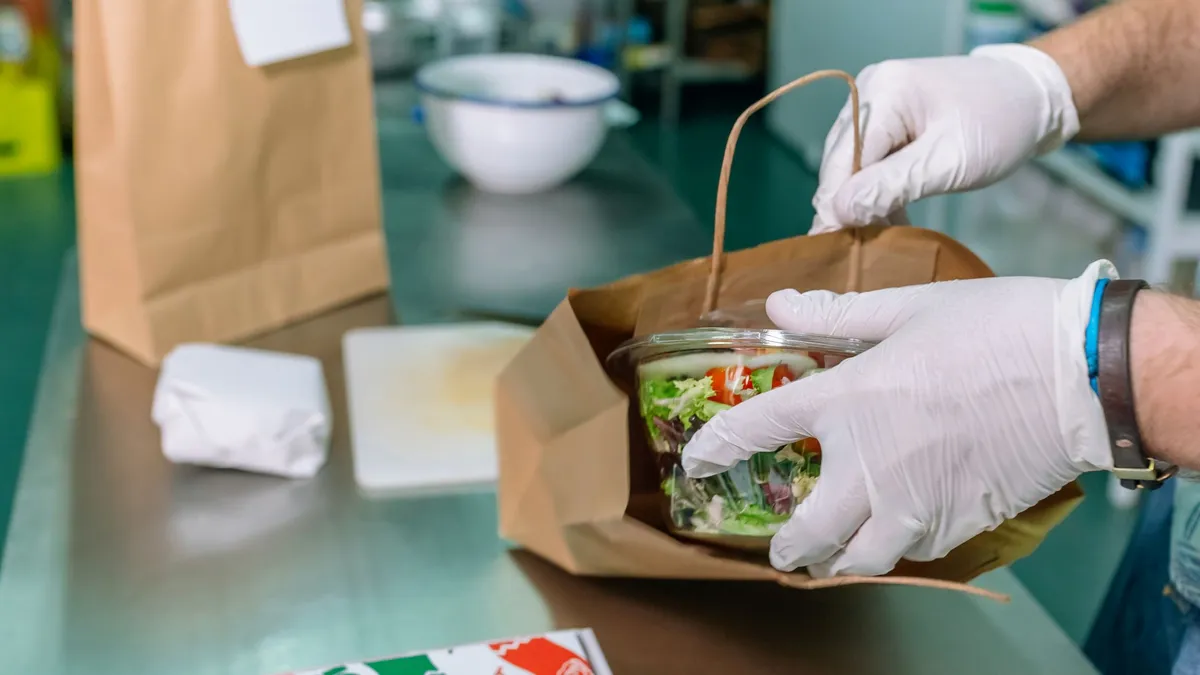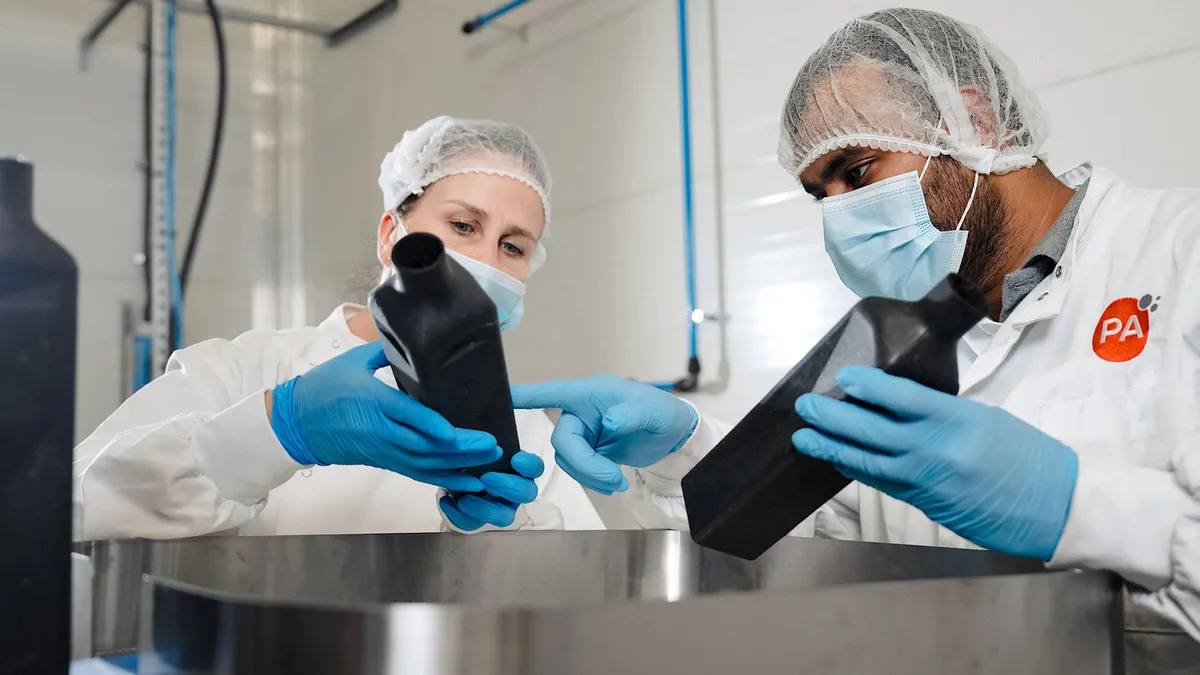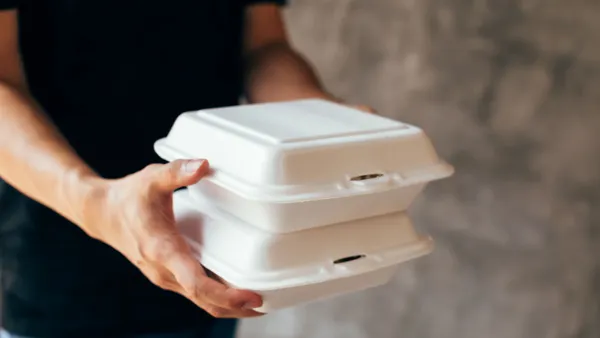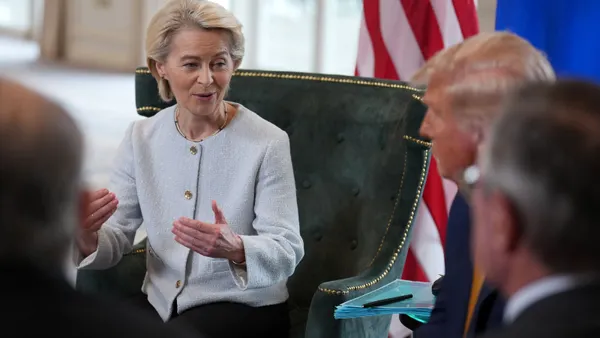Illinois’ recent round of legislative work wrapped up in May, with lawmakers having introduced and considered multiple types of packaging policies.
| Bill | Highlights | Status |
| SB 1531 | Polystyrene foam food container ban | Passed Senate/in House |
| HB 1600 | Single-use plastic food ware items by request only | Passed House/in Senate |
| SB 1872 | Single-use plastic bag ban | Did not advance from Senate/re-referred to assignments |
| SB 132 | Tethered caps for single-use plastic beverage containers | Did not advance in Senate |
| HB 3278 | Effluent limits related to plastic materials | Passed House/in Senate |
Illinois began a new two-year session in 2025. Advocates see promise with SB 1531, which passed the Senate in April. It would prohibit the sale or distribution of food containers containing polystyrene foam. State Sen. Laura Fine championed the bill and hopes it will come up for a vote in the House during the fall veto session in October, according to Ben Isabel, Fine’s chief of staff.
Elsewhere this year, lawmakers in Montana and Nevada advanced foam bills that were ultimately vetoed by their respective governors. Bills in Connecticut and Pennsylvania were also unsuccessful.
Jen Walling, executive director for the Illinois Environmental Council, hopes legislation on foam and PFAS will cross the finish line prior to Illinois potentially adopting extended producer responsibility for packaging. Walling noted that a bill that passed this year to ban intentionally added PFAS in products ultimately cut out food packaging.
“I think with some of these, we're hopeful that they get done before EPR, so that we don't have to have them be part of EPR,” she said. The goal with Illinois’ EPR would be to “address the real issues of EPR around the creation of food packaging and reducing plastic, creating more recycling opportunities, etc.” she said.
Illinois passed an EPR study bill in 2023. That needs assessment is now getting underway. A June 9 meeting of the Statewide Recycling Needs Assessment Advisory Council revealed that the needs assessment contract with Eunomia had just been signed. Illinois received a Solid Waste Infrastructure for Recycling, or SWIFR, grant from the U.S. EPA to support the study.
A report to the legislature is due Dec. 1, 2026. Key areas to discuss in that process may include producer definition, covered materials and entities, collection convenience requirements and more, said Christina Seibert, who serves as executive director of the Solid Waste Agency of Northern Cook County, during the advisory council meeting. And the pace at which more information comes from states implementing packaging EPR programs, such as Oregon and Colorado, is going to pick up, offering real-world insights, Seibert noted.
Illinois has previously been active in other areas of packaging policy. It has required state agencies to implement plans to reduce single-use plastics they purchase or use, banned hotels from providing personal care products in small single-use plastic bottles, allowed businesses to refill consumers’ reusable containers, and required large events to provide access to recycling and composting.











